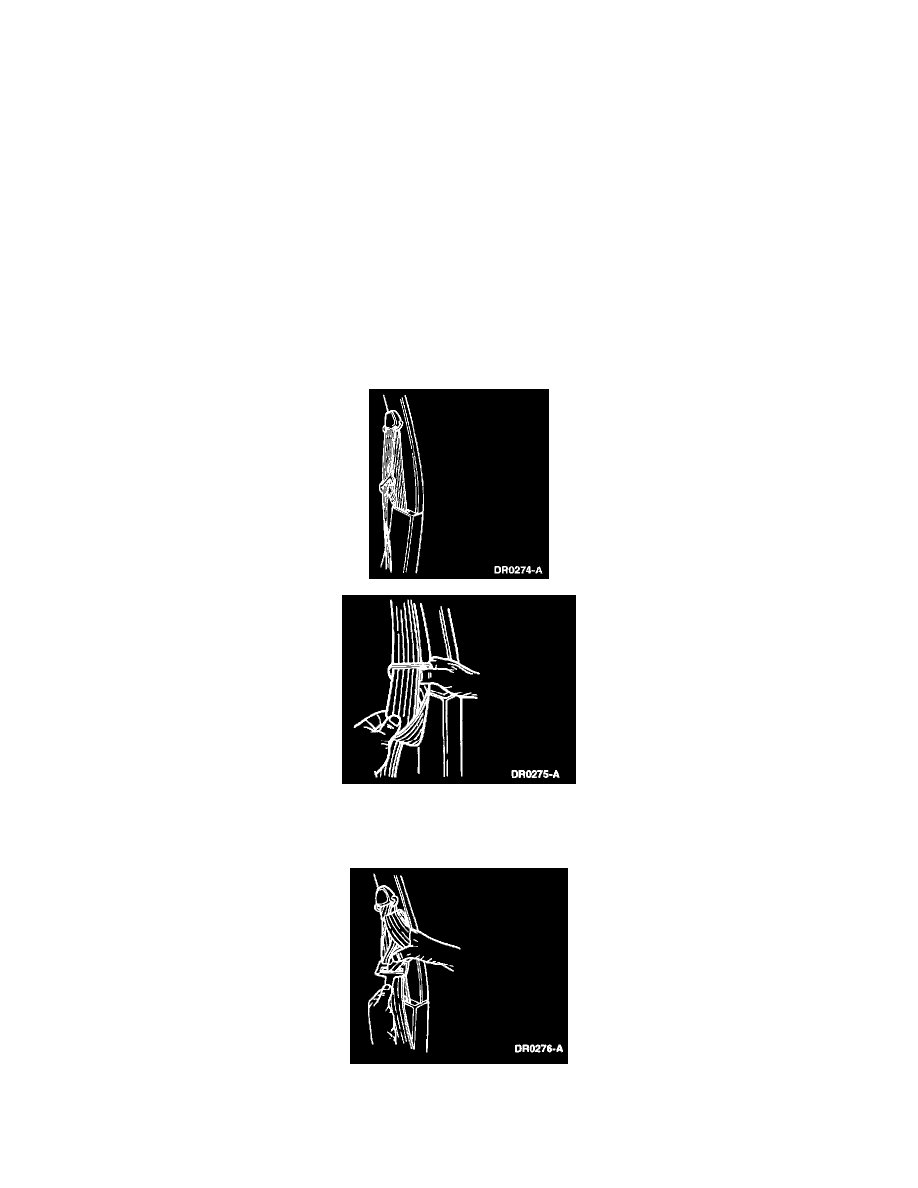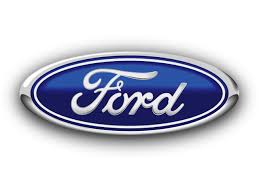Econoline E150 1/2 Ton V8-5.4L SOHC VIN L (1999)

Seat Belt: Service and Repair
Service Procedures
Post Collision Inspection
WARNING: All safety belt assemblies, including retractors, safety belt height adjusters, buckles, belt and buckle assembly pretensioners, front
safety belt buckle support assemblies (slide bar), if so equipped, child safety seat tether attachments, and attaching hardware should be
inspected after any collision. All belt assemblies should be replaced unless a qualified technician finds the assemblies show no damage and
operate properly. Belt assemblies not in use during a collision should also be inspected and replaced if either damage or improper operation is
noted.
1. Safety belt assemblies should be periodically inspected to make sure they have not become damaged and are in proper operating condition,
particularly if subjected to severe stress.
2. Before installing a new safety belt assembly, the safety belt attaching areas must be inspected for damage and distortion. If the attaching points are
damaged or distorted, the sheet metal must be worked back to its original shape and structural integrity.
3. Install the new safety belt(s). Perform the Safety Belt Functional Test procedure. See: Testing and Inspection/Component Tests and General
Diagnostics
Safety Belt Tongue Rotated on Belt
1. Grasp the belt tongue and pull down on the closest belt webbing to form a loop through the upper (narrower and longer) slot in the tongue.
2. Working within the upper slot, rotate and fold the belt webbing over itself as required to remove the twist.
3. Pull the excess belt webbing back through the upper slot in the tongue.
4. Repeat Steps 1-3 to complete the removal of the twist at the lower (wider and larger) slot in the tongue.
